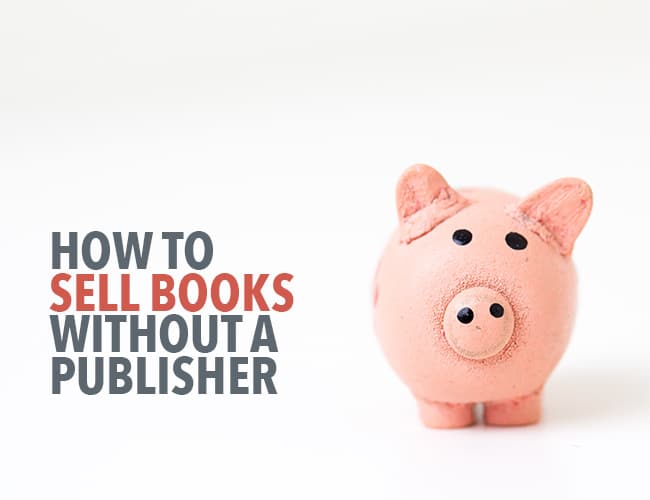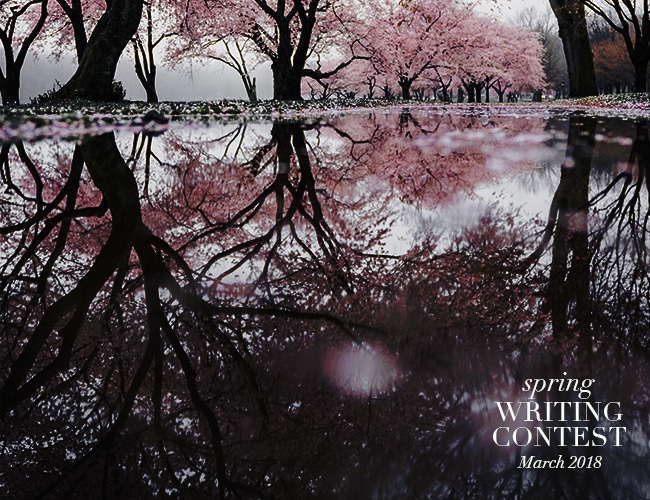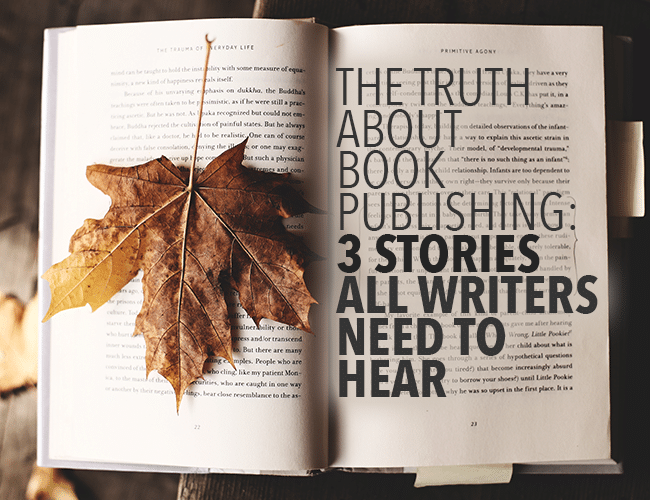
by Jeff Elkins |
One of the great benefits a traditional publisher brings to the relationship is a network of agents and bookstores designed for the purpose of selling books. Like sailing a small boat into the ocean, without that pre-established network, self-publishing is scary. When we are first drifting into open waters, there is so much we don’t know.
Here is the good news: It is possible to sell books without a publisher. You just have to learn how.

by The Magic Violinist |
Often times when writers dream of becoming bestselling authors, they picture worldwide success, with their novels translated into dozens of different languages and adapted into major motion pictures. One of the most important things to keep in mind, though, is that learning how to sell books is a process that starts small and, usually, starts locally.

by Joe Bunting |
In March, we hosted the Spring Writing Contest in partnership with Story Grid and Short Fiction Break literary magazine. Entering this writing contest was a huge accomplishment for all our writers, and we want to celebrate the winners here on The Write Practice.

by Guest Blogger |
“I published a book, didn’t tell a soul about it, and it became a best seller!!” Said no writer ever.
But we wish it were true, don’t we? We want to hole up and write epic tales and thought-provoking prose, not hock books door to door and shout from the rooftops about how awesome we are. Can’t we just write? Well … write, but also be discovered and then catapulted to great heights by someone else.
We’d like readers to find us that way, please. We don’t want to navigate those scary waters of how to market a book.

by Jeff Elkins |
The stories we tell ourselves are like glasses through which we understand the world. They define the field we play on and guide the decisions we make, whether about book publishing or any other area of our lives.
Unfortunately, in the world of writing and publishing, there are a lot of false narratives floating around that create a romantic idea about the life of an author that can end in self-doubt, frustration, and stagnation. To avoid falling into the trap of bad stories, it’s important we pause and consider the world we exist in.

by Joe Bunting |
This week, nearly three hundred writers submitted their stories to the Spring Writing Contest. Right now, our panel of Story Grid Certified Editors is reading through each story, looking for the ones that will make it to the winners’ circle. And while they’re hard at work, I have an invitation for you, too.
Come vote on your favorite to win the Readers’ Choice Award!







